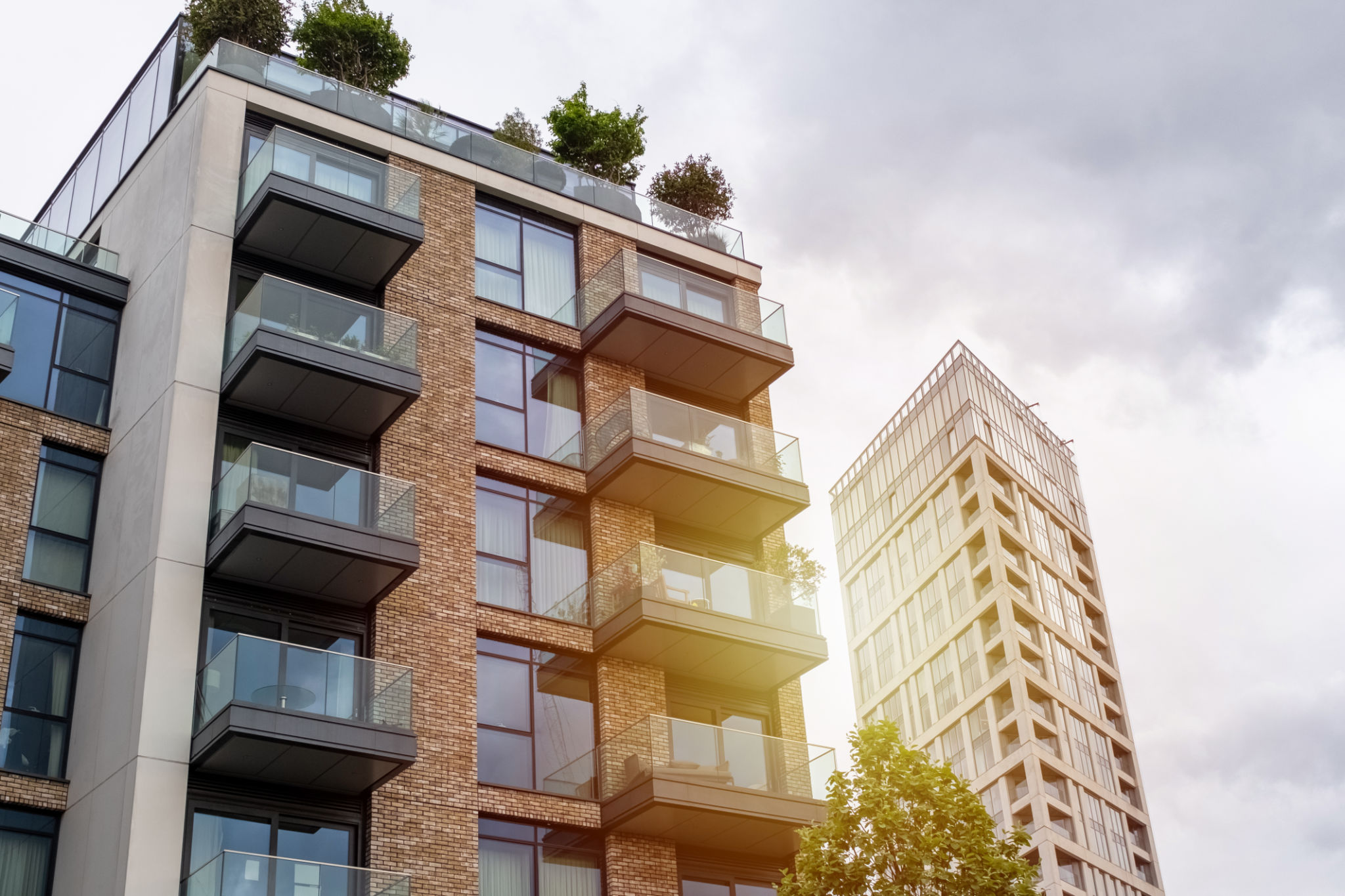Navigating Real Estate Development: Key Steps and Considerations
Understanding the Real Estate Development Process
Real estate development is a complex, multifaceted process that requires careful planning and strategic execution. Whether you're a seasoned developer or a beginner in the industry, understanding the key steps and considerations involved is crucial for success. This guide will help you navigate the essential aspects of real estate development to ensure your projects run smoothly.

Research and Site Selection
The first step in any real estate development project is thorough research and careful site selection. This involves analyzing market trends, understanding zoning laws, and assessing the potential of various locations. It’s important to consider factors such as accessibility, local amenities, and demographic trends when choosing a site. Conducting a detailed feasibility study can provide valuable insights into the viability of your project.
Site selection is not just about finding available land; it’s about identifying the right piece of property that aligns with your development goals. This step should be approached with diligence and precision to avoid costly mistakes down the line.
Securing Financing
Once you have identified a viable site, the next step is securing financing. Real estate development typically requires substantial capital, which may involve obtaining loans or attracting investors. It's essential to prepare a solid business plan that outlines your project’s vision, financial projections, and potential returns on investment.

Building a strong relationship with financial institutions and investors can be beneficial, as they play a crucial role in securing funds for your project. Additionally, exploring different financing options such as traditional bank loans, private equity, or joint ventures can provide flexibility in funding your development.
Design and Planning
The design and planning phase is where your vision begins to take shape. Collaborating with architects, engineers, and urban planners can help you create a functional and aesthetically pleasing design that meets regulatory requirements. It’s important to consider sustainability practices during this phase to enhance the long-term value of your project.
Involving stakeholders early in the planning process can also help streamline approvals and mitigate potential conflicts. Ensure that your designs align with community needs and regulatory standards to facilitate a smooth approval process.

Construction and Project Management
With plans in place and financing secured, you can move forward with construction. Effective project management is critical during this phase to ensure that timelines and budgets are adhered to. Hiring experienced contractors and construction managers can provide the expertise needed to overcome challenges that arise during construction.
Regular site visits and progress reviews are important to maintain quality control and address any deviations from the plan promptly. Keeping communication lines open among all parties involved can help ensure that the project stays on track.
Marketing and Sales
As construction nears completion, it’s time to focus on marketing and sales strategies to attract buyers or tenants. Developing a comprehensive marketing plan that highlights the unique features and benefits of your development can create buzz and drive interest. Utilizing digital marketing, social media, and traditional advertising can reach a broader audience.

Offering incentives or hosting open house events can further entice potential clients. Understanding your target market and tailoring your approach accordingly will increase the chances of successfully selling or leasing your property.
Post-Completion Considerations
After the construction is complete and tenants or buyers are secured, ongoing management becomes crucial. This includes maintaining the property, ensuring tenant satisfaction, and addressing any issues that arise. Engaging a property management company can alleviate some of these responsibilities, allowing you to focus on future development projects.
Real estate development is an ongoing learning process. By reflecting on each project's outcomes and challenges, developers can continuously enhance their strategies and refine their approach for future endeavors.